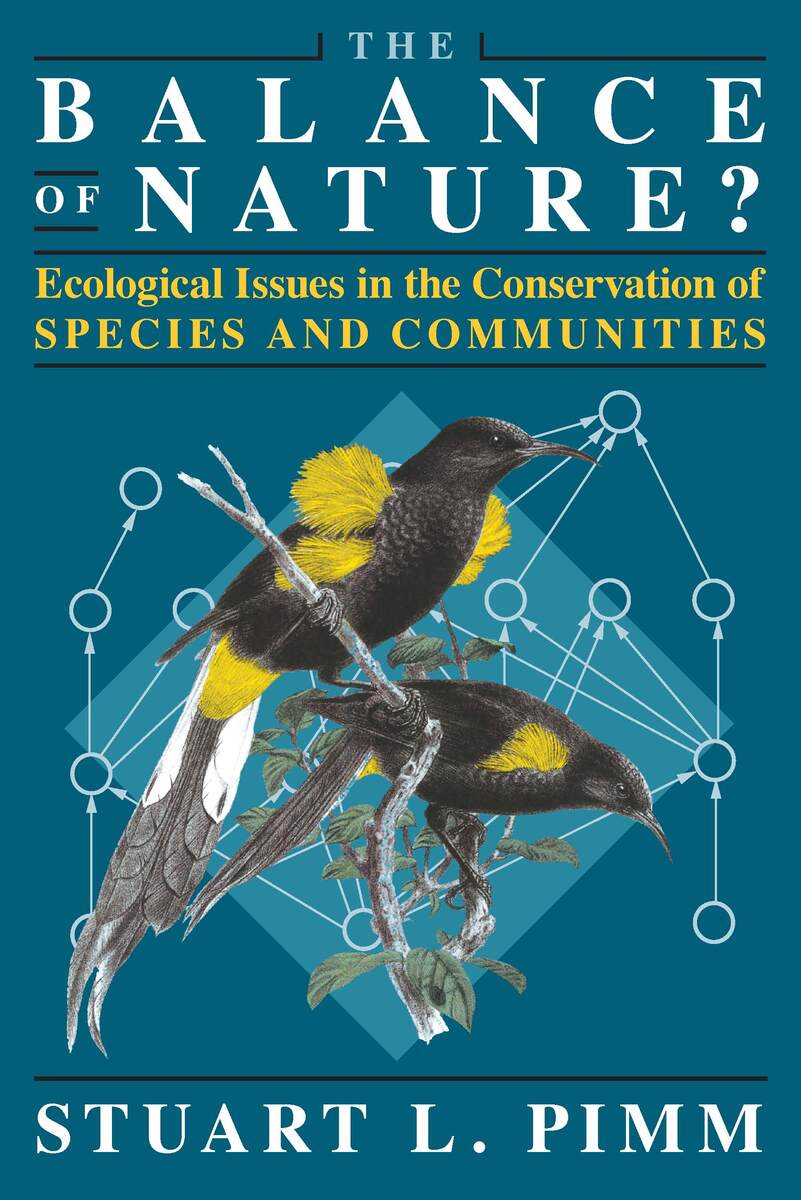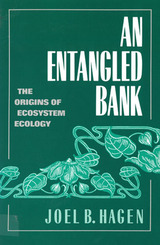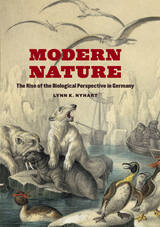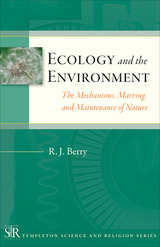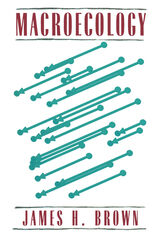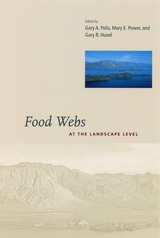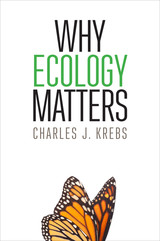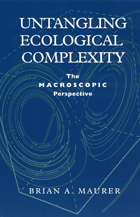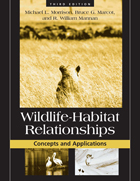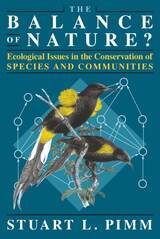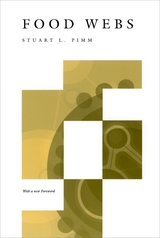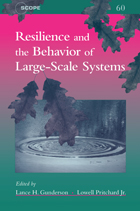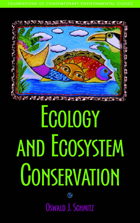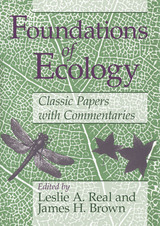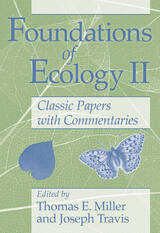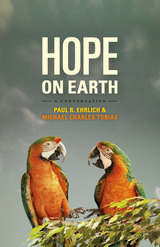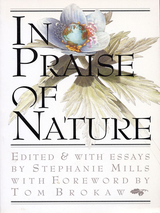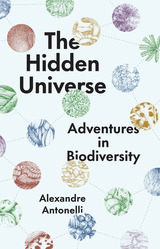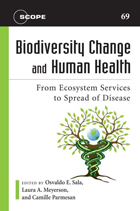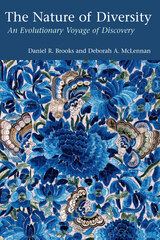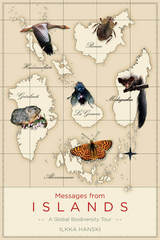The Balance of Nature?: Ecological Issues in the Conservation of Species and Communities
University of Chicago Press, 1991
Cloth: 978-0-226-66829-1 | Paper: 978-0-226-66830-7
Library of Congress Classification QH541.P558 1991
Dewey Decimal Classification 574.5247
Cloth: 978-0-226-66829-1 | Paper: 978-0-226-66830-7
Library of Congress Classification QH541.P558 1991
Dewey Decimal Classification 574.5247
ABOUT THIS BOOK | TOC | REQUEST ACCESSIBLE FILE
ABOUT THIS BOOK
Ecologists, although they acknowledge the problems involved, generally conduct their research on too few species, in too small an area, over too short a period of time. In The Balance of Nature?, a work sure to stir controversy, the distinguished theoretical ecologist Stuart L. Pimm argues that ecology therefore fails in many ways to address the enormous ecological problems now facing our planet.
Ecologists describing phenomena on larger scales often use terms like "stability," "balance of nature," and "fragility," and Pimm begins by considering the various specific meanings of these terms. He addresses five kinds of ecological stability—stability in the strict sense, resilience, variability, persistence, and resistance—and shows how they provide ways of comparing natural populations and communities as well as theories about them. Each type of stability depends on characteristics of the species studied and also on the structure of the food web in which the species is embedded and the physical features of the environment.
The Balance of Nature? provides theoretical ecology with a rich array of questions—questions that also underpin pressing problems in practical conservation biology. Pimm calls for nothing less than new approaches to ecology and a new alliance between theoretical and empirical studies.
Ecologists describing phenomena on larger scales often use terms like "stability," "balance of nature," and "fragility," and Pimm begins by considering the various specific meanings of these terms. He addresses five kinds of ecological stability—stability in the strict sense, resilience, variability, persistence, and resistance—and shows how they provide ways of comparing natural populations and communities as well as theories about them. Each type of stability depends on characteristics of the species studied and also on the structure of the food web in which the species is embedded and the physical features of the environment.
The Balance of Nature? provides theoretical ecology with a rich array of questions—questions that also underpin pressing problems in practical conservation biology. Pimm calls for nothing less than new approaches to ecology and a new alliance between theoretical and empirical studies.
See other books on: Balance | Biodiversity conservation | Biotic communities | Communities | Pimm, Stuart L.
See other titles from University of Chicago Press
